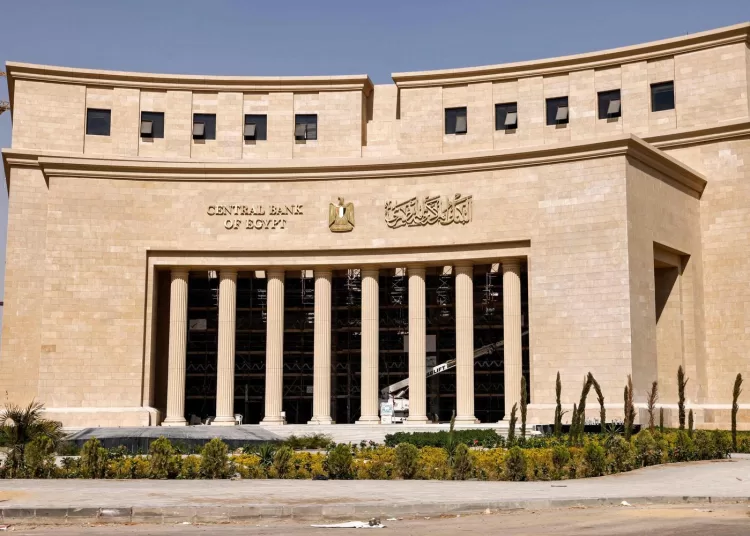The International Monetary Fund (IMF) has praised Egypt’s efforts to restore macroeconomic stability, citing positive results.
Julie Kozack, IMF’s Director of the Communications Department, told a press briefing that the next review mission is planned to take place in the coming months.
“This has always been the case. It is consistent with the schedule that was presented in the published Staff Report, and those plans have not changed,” she said.
The IMF’s Executive Board completed the third review of Egypt’s Extended Fund Facility (EFF) arrangement in July, opening the way for a tranche worth $820 million. The completion of the third review marked a milestone in view of economic turmoil taking a toll on the world economy and the whole Middle East region.
The IMF has been urging Egypt’s monetary authority to address inflation as a key issue in a bid to drive real economic growth.
The Central Bank of Egypt (CBE) floated the pound on March 6 to eradicate a foreign exchange grey market. Other monetary measures such as liquidity withdrawal have tamed inflationary pressures.
Inflation will fall to below 20 per cent by February 2025 thanks to significant base effects, prompting the authorities to start their monetary policy easing cycle either immediately before or after February.
“The Egyptian authorities’ recent efforts to restore macroeconomic stability have indeed started to yield positive results, inflation is elevated but trending down, and the flexible exchange rate regime remains a cornerstone of the authorities’ program,” Kozack said.
The IMF official saiddomestic policy challenges “do require decisive implementation” of the authorities’ reform program.
“This means a need for continued fiscal consolidation, strengthened revenue mobilization, and creating the space needed to finance and expand important social programs. And of course, accelerating reforms that strengthen private sector growth will also be essential. All of this will require staying the course on economic policies that will best serve the people of Egypt,” she explained.
Easing inflation
Easing inflation in the most populous Arab country will help its economy by stabilizing prices, enhancing consumer purchasing power, encouraging foreign and domestic investment, and reducing the strain on government finances.
Egypt’s consumer price index (CPI) increased to 26.2 per cent in August, from 25.7 per cent a month earlier, according to the state-run Central Agency for Public Mobilization and Statistics (CAPMAS).
CPI hit a record high at of 38 per cent in September 2023, according to CAPMAS data.
The CPI is forecast to slow down in the coming months on a stabilized foreign exchange rate and higher hard currency inflows. The CBE expects a significant decline in inflation by the second half(H1) of 2025 due to the cumulative impact of monetary policy tightening and favorable base effects.
Market research firm BMI, an arm of Fitch Solutions, said last month that more than $25billion in investment pledges by the United Arab Emirates, Saudi Arabia and Qatar (made in March 2022) to materialise over the coming few years, partly offsetting the slowdown in public investment.






Discussion about this post